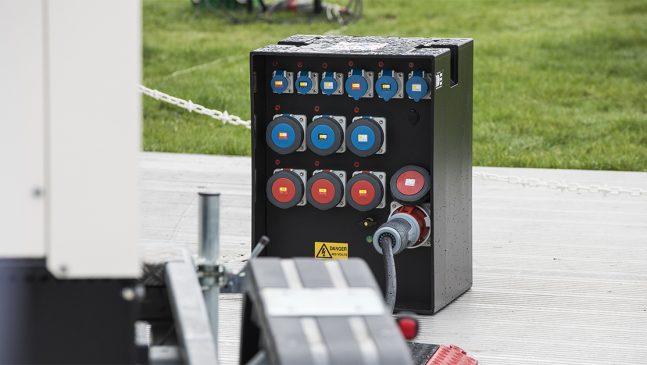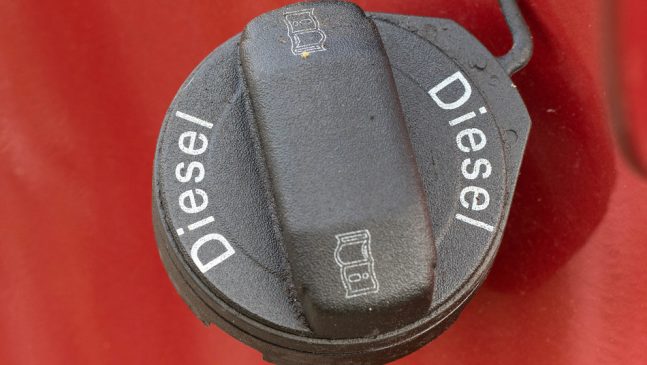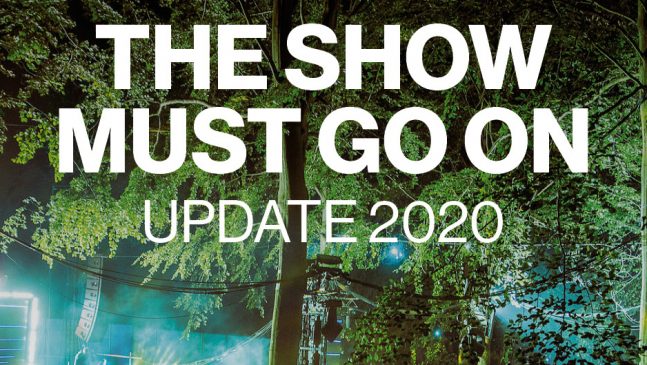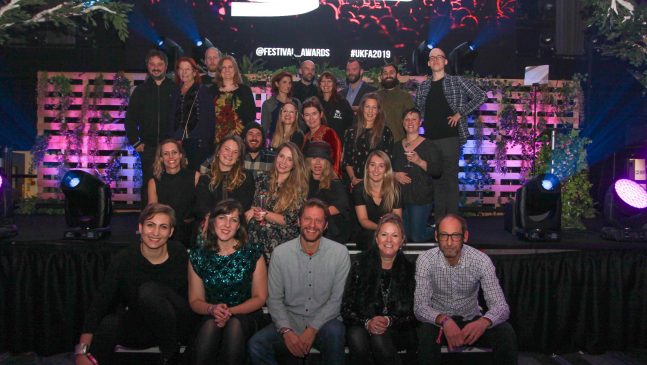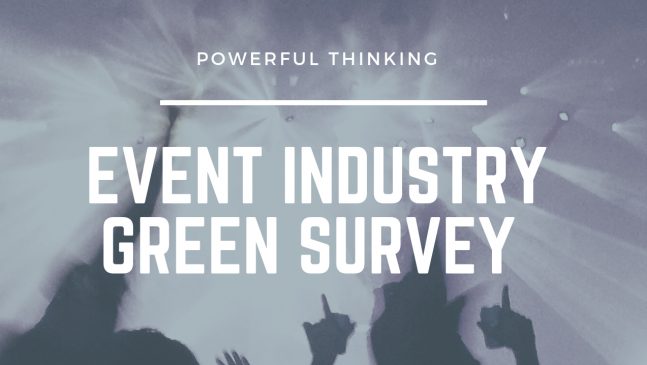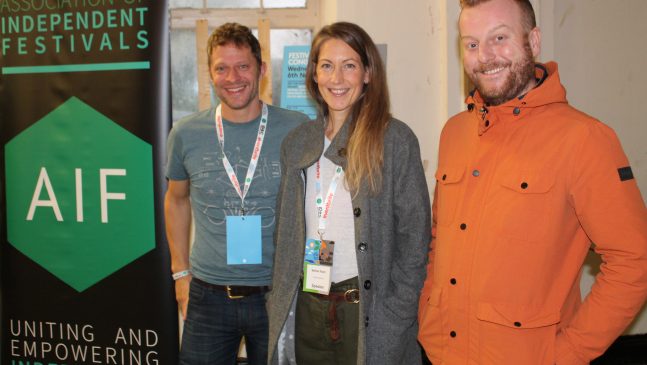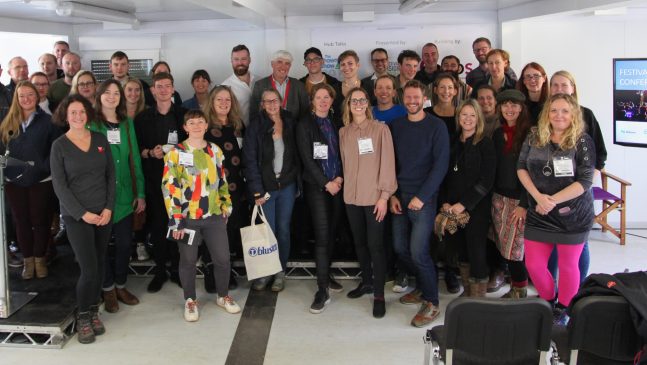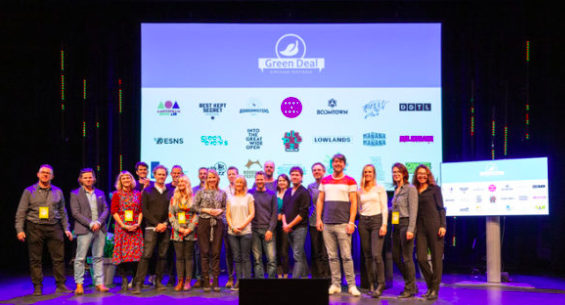Our monthly power blog and case study is brought to you by Tim Benson, Director at SMART Power and Powerful Thinking Steering Group Member. This month he explains how with the right power tools (supplied by IDE systems), monitoring and management SMART power helped a Netflix production achieved a 40% cut in onsite energy use and used a power battery inverter system positioned inline with the generator to manage 40-50% of the compound’s overall power requirement.
IDE System’s Erica power management tool, which can be incorporated into their distribution boards, provides per socket monitoring with remote access for end users via a dashboard for real-time monitoring. It enables site and power managers to monitor voltage, peak currents and, most helpfully, load versus actual consumption on a socket by socket level. The data packets refresh every five seconds, ensuring an accurate picture of the site’s load profile, with Cloud storage for back up.
SMART Power were invited to assist with energy monitoring for a Netflix production earlier this year. They installed IDE’s distribution boxes at the production’s location base compound for 48 hours to assess the energy usage for all 14 of the location base trailers – production offices, make up, wardrobe, honeywagons and the actors’ dressings rooms.
Following an analysis of the peak load data, SMART Power were able to demonstrate that the main facilities generator could be downsized by 40%.
However, of greater importance was the load profile monitoring data (power x runtime), which allowed SMART Power to demonstrate how a battery inverter system positioned inline with the generator could manage 40-50% of the compound’s overall power requirements.
Wayne Woodhead, Managing Director of IDE Systems, comments; “With this level of data it’s possible to identify individual end user’s power consumption and patterns in their usage, enabling power managers to reliably and efficiently optimise their power generation.”

